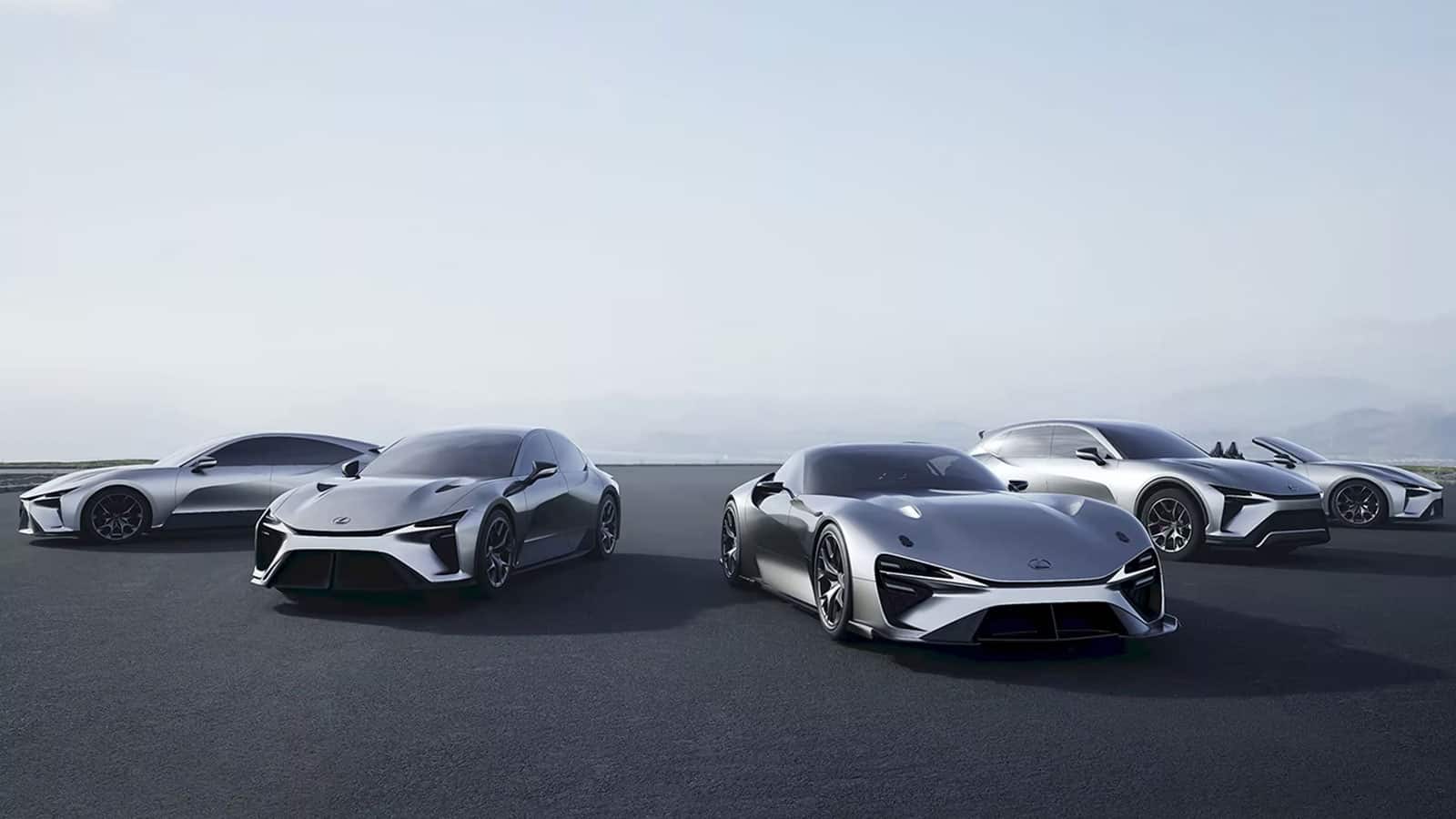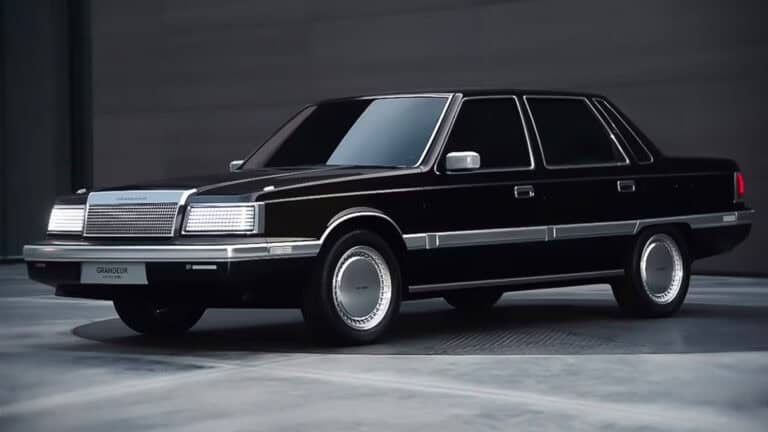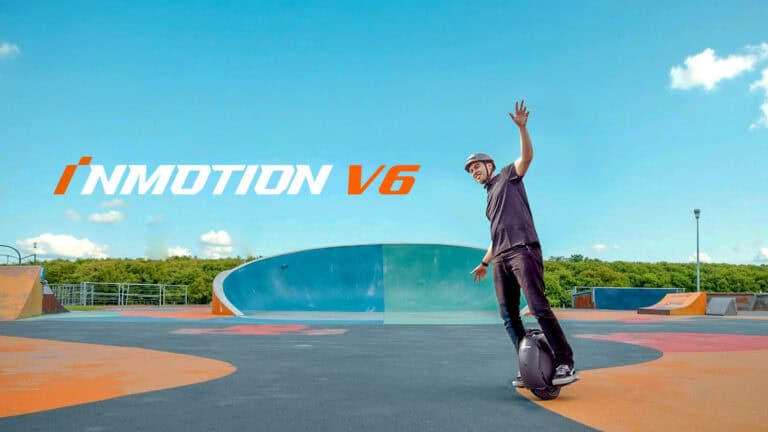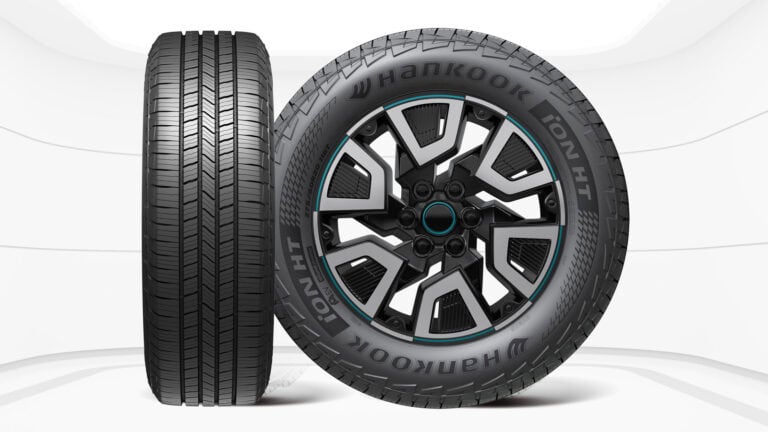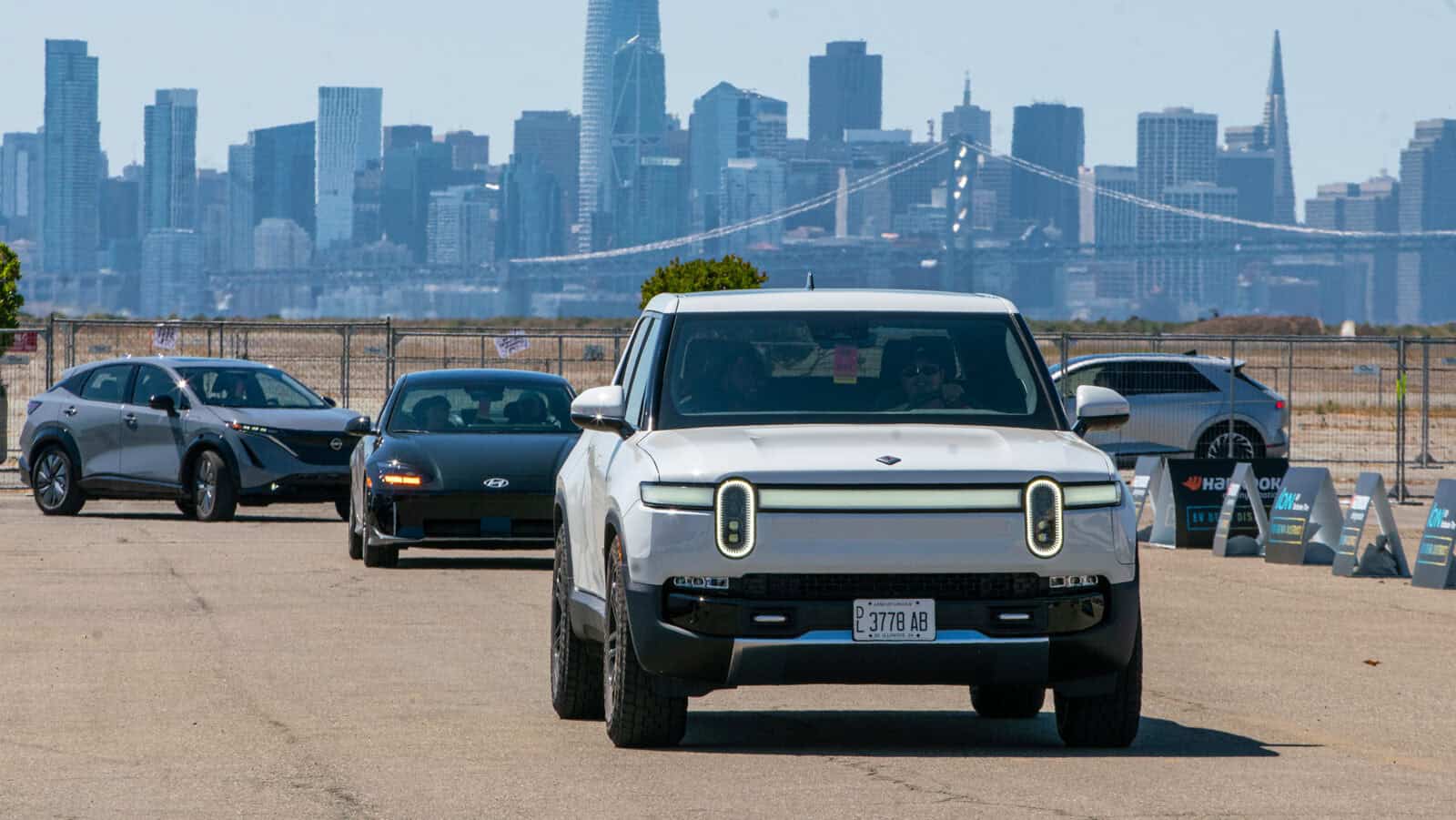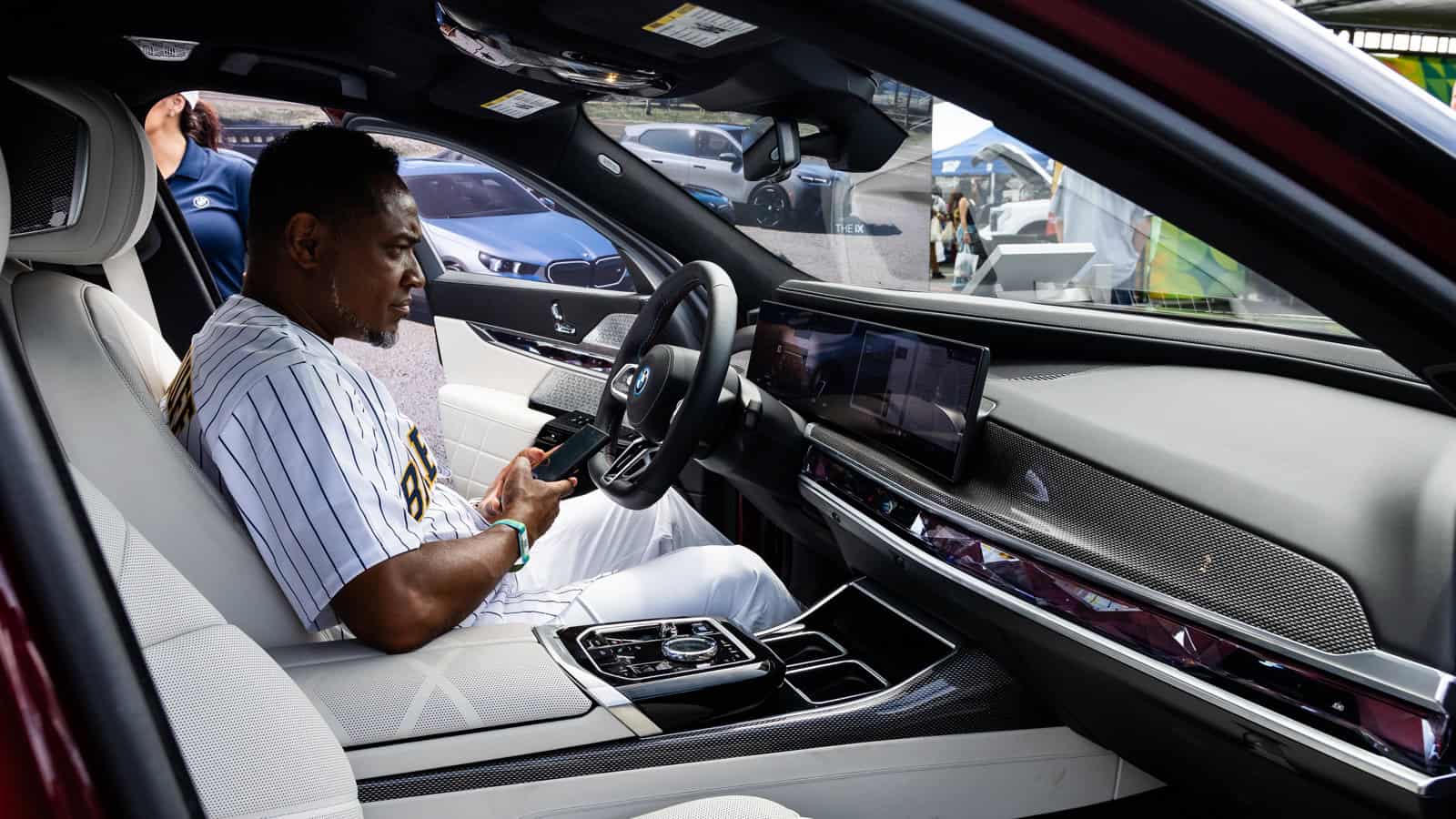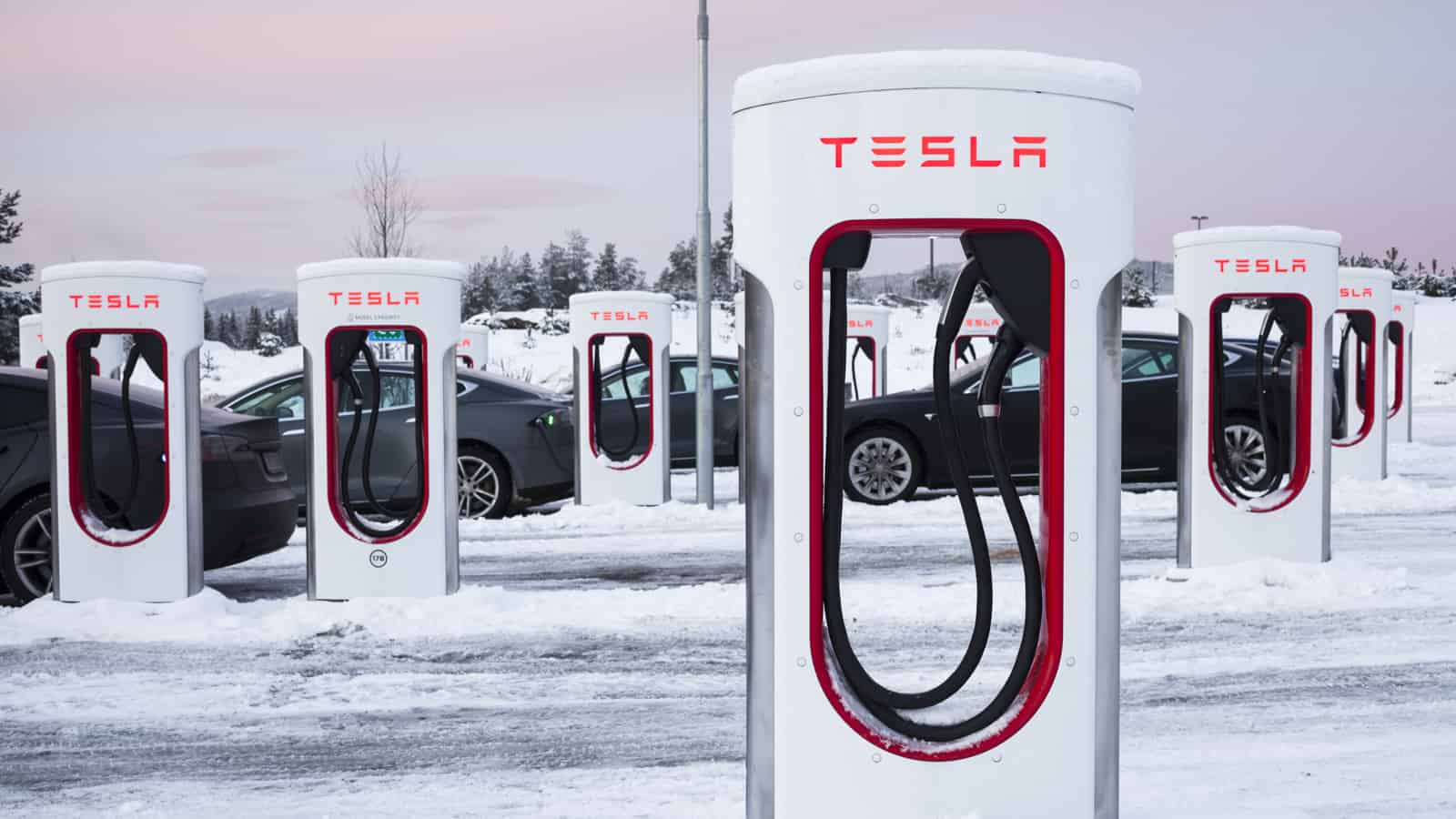- Toyota has been working on solid-state battery tech since 2012.
- It plans to release a hybrid vehicle with a solid-state battery before it releases a fully-electric vehicle.
- The Lexus LFA is expected to be the first EV with solid-state battery technology.
- Solid-state batteries are smaller, charge faster, and have more range than lithium-ion batteries.
- Nissan and Tesla are also developing solid-state battery technology.
Today’s electric vehicles rely on lithium-ion batteries for power, but these batteries are heavy, slow to charge, and expensive. Toyota has developed solid-state batteries for EVs and is expected to start mass-producing vehicles with them. The first will be a hybrid vehicle, and rumor has it that the Lexus LFA supercar will be the first fully-electric model with the new battery technology.
Game-Changing Solid-State Battery Technology
Current EVs use lithium-ion batteries with three components – anodes, cathodes, and an electrolyte gel or liquid. Nearly all lithium-ion batteries work the same way, as the ions move through the contacts into the gel. The ions create an electric current that powers the car. While the technology works the same in all vehicles, battery manufacturers make subtle changes to improve vehicle speed and range.
Unfortunately, lithium-ion batteries have some flaws. They lose capacity with each charge, and they can become very hot. Lithium-ion batteries only work at their peak at a certain temperature, which is why EV drivers in Michigan lose range in the frigid winters. Because of the heat, some vehicles need to precondition the batteries before going into launch mode and before charging.
Solid-state batteries work differently. They do not have a gel layer, so they do not overheat. They can charge faster and draw more power. This new technology is smaller and has more storage capacity. They are also lighter than the massive lithium-ion batteries used today. One of Tesla’s battery manufacturers is working on a partial solid-state battery that can store up to 500 kWh, which will give drivers significantly more range than the current lithium-ion batteries with less than 100 kWh.
Baby Stepping Into the New Battery Tech
Japanese cars will be the first to use solid-state batteries, but new tech is expensive. Nissan is also coming up with new ideas for EVs. They are planning to start building solid-state battery cars in 2028. Compared to the current vehicle lineup with lithium-ion batteries, Nissan’s new solid-state cars will have at least double the energy. They will cost 50% less and will charge much faster than today’s vehicles.
Toyota has been working on solid-state battery tech since 2012 and is about to start building new EVs with the new power source. They will have over 450 miles of range and should charge from zero to full in about 10 minutes at a DC fast-charging station.
But before Toyota releases fully-electric vehicles with the new battery technology, it plans to put a smaller solid-state battery in a hybrid vehicle – possibly the RAV-4 or Prius. Maybe a Lexus like the ES300h. This rationale has to do with the high price of manufacturing solid-state batteries. Once the price drops, the automaker can put larger batteries in fully-electric vehicles.
What’s the Lexus LFA?
In the early 2000’s, Lexus sold the two-seater LFA with a naturally-aspirated V-10. This vehicle and the powerful motor have become something of a legend. So, when Toyota and Lexus announced a new LFA powered by new EV solid-state battery technology, fans of the iconic supercar took notice.
Sadly, Lexus has not announced a release date for the fully-electric LFA, but many predict it could reach showroom floors before 2026. Toyota announced it will begin producing at least eight new electric vehicles by the mid-202s. The lineup will include two luxury cars, three SUVs, a compact car, a pickup truck, and a sports car. These vehicles should have new solid-state batteries.
Confirming LFA Production with Unexpected Features
At this point, Toyota has confirmed that the future Lexus LFA will have a solid-state battery. This technology will give the supercar a zero-to-60 time of two seconds – rivaling the Tesla Plaid and other supercar EVs.
However, the LFA will weigh less than any vehicle with a lithium-ion battery, and Toyota plans to put a unique manual gearbox in the LFA to distinguish it from the competition. This unique feature isn’t for drivers to use to adjust the energy consumption to launch. Instead, the goal is to make the LFA EV feel like a vehicle with an internal-combustion engine.

SOURCE | IMAGES: LEXUS
FTC: We use income-earning auto affiliate links. Learn more.


